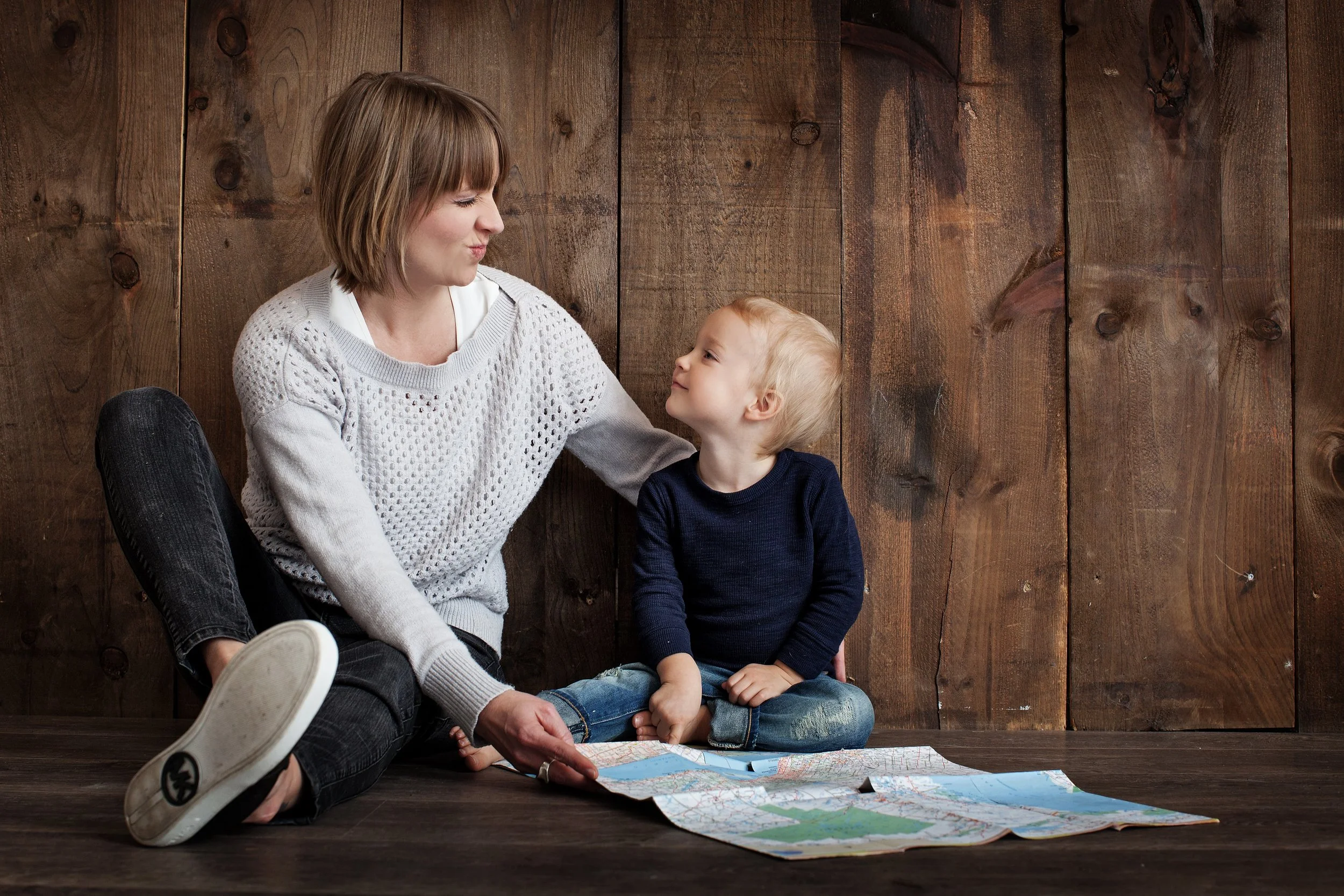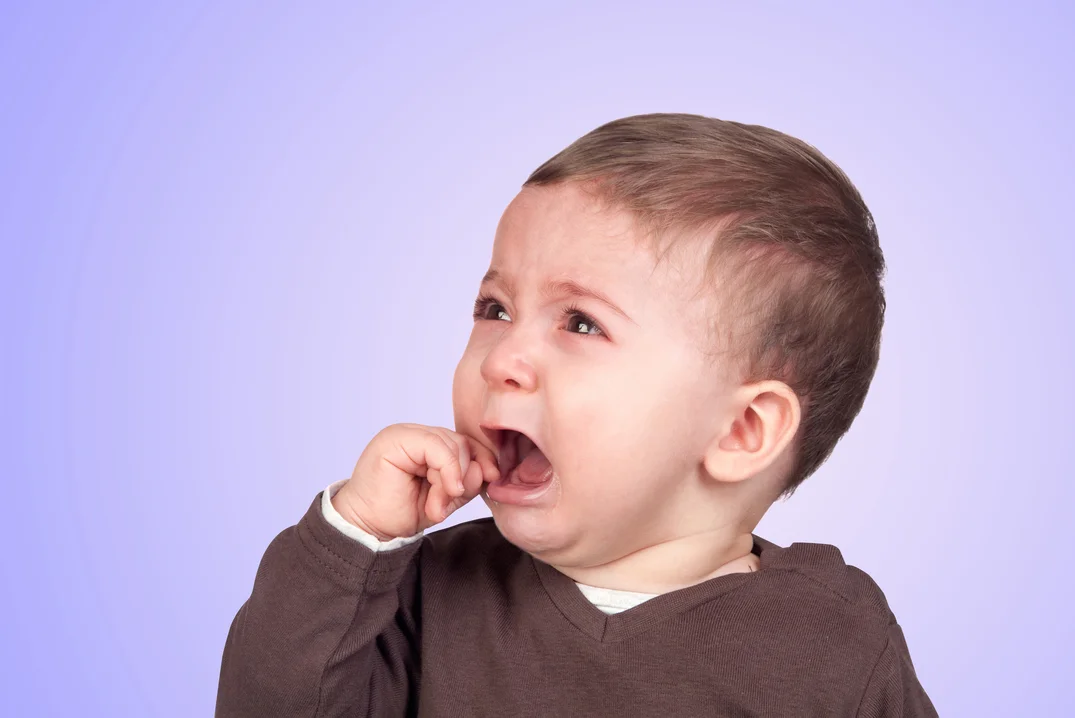Sometimes bad things happen to good people. Relationships break, careers fold, accidents happen, our hard work ends in bankruptcy or redundancy, our great kids make bad decisions - and sometimes this has nothing at all to do with us.
It's always important to look at what we can learn, and how we can grow through the mess, but it doesn't mean we caused it or deserved it, or that we could have done anything to avoid it. What's needed is a gentle surrender - not in the way of giving up, we always have to fight for us - but in the way of surrendering the need to rewind or understand or hang on to what should have been.





















